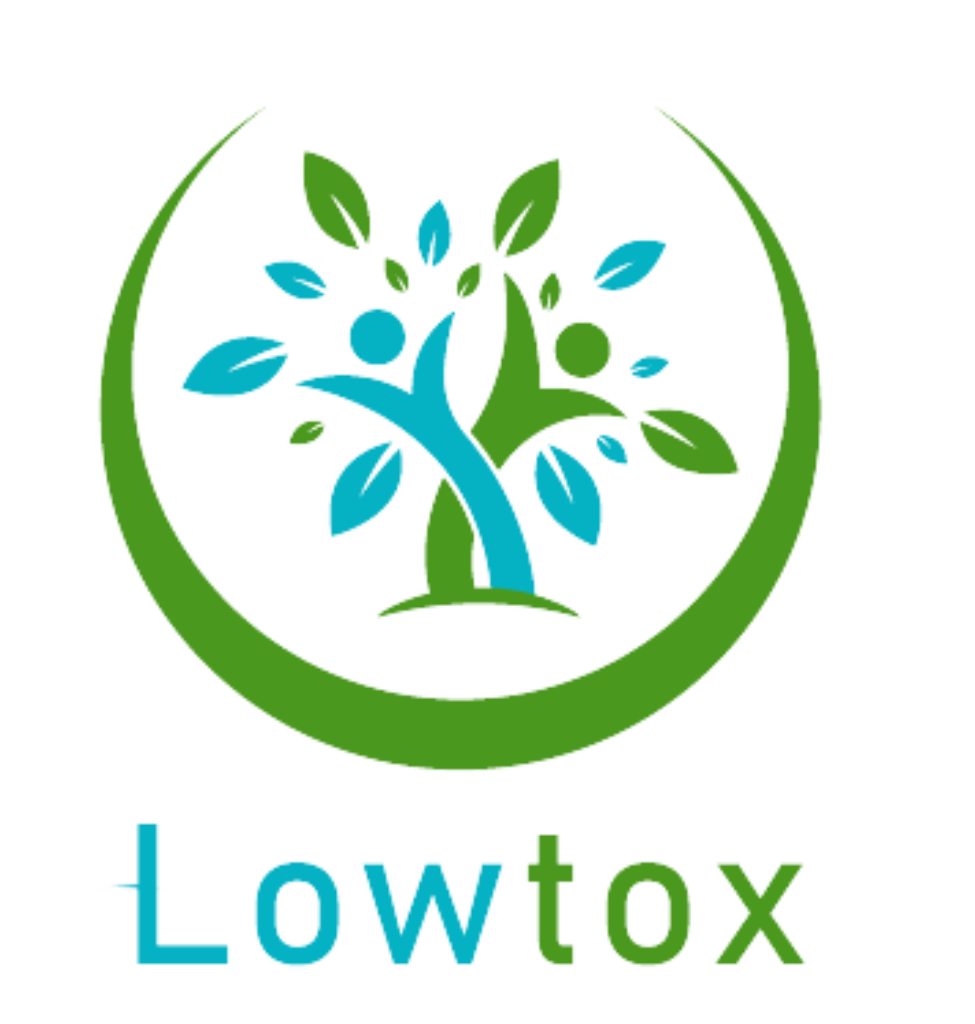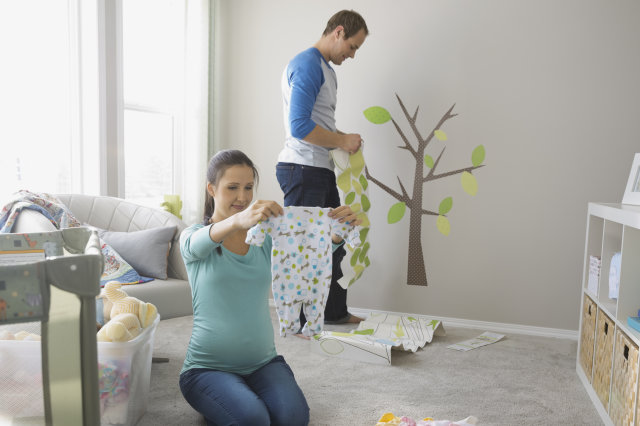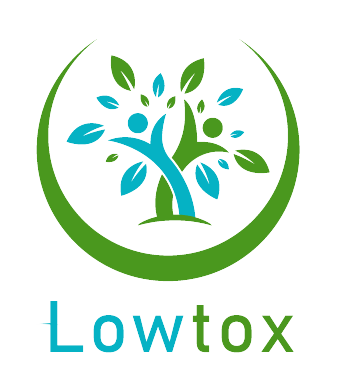Creating a non-toxic nursery for your little one is not just a trend but a significant step towards ensuring your child’s health and safety. The importance of a non-toxic environment cannot be overstated, especially considering that newborns and young children are highly susceptible to the harmful effects of toxic chemicals. They spend a lot of time in their nurseries, and their developing organs are delicate. Here’s a comprehensive guide on how to create a non-toxic nursery, bringing peace of mind knowing that your child is in a safe space.
Choose Non-Toxic Paint
One of the first steps in setting up any nursery is deciding on the color scheme. When you pick paint, choose zero VOC (Volatile Organic Compounds) paints. VOCs are solvents that get released into the air as the paint dries, and exposure to them can cause health issues such as throat irritation, headaches, and even damage to organs. Zero VOC paints are now widely available and come in a variety of colors, ensuring you do not have to compromise on aesthetics while keeping the nursery safe.
Opt for Solid Wood Furniture
The furniture you choose plays a critical role in maintaining a non-toxic nursery. Select solid wood furniture with a natural finish or non-toxic sealant. Avoid pressed wood products that often contain formaldehyde, a carcinogen that can off-gas into the air. Although solid wood furniture can be more expensive, it is a worthwhile investment for it lasts longer and is safer for your child’s health.
Prioritize Organic Textiles
When it comes to textiles, including bedding, curtains, and rugs, go organic. Organic textiles are made without harmful chemicals and pesticides, which are commonly used in conventional cotton farming. Look for certifications such as GOTS (Global Organic Textile Standard) to ensure the fabrics meet strict toxicity and environmental criteria. Organic materials also tend to be softer and gentler on your baby’s skin.
Select a Non-Toxic Mattress
Newborns need plenty of sleep, so it’s essential that their mattress is not only comfortable but also non-toxic. Choose a mattress made from natural materials like organic cotton, wool, or natural latex, all known for their breathability and moisture-wicking properties. Ensure that it is certified by organizations such as Oeko-Tex or Greenguard, which check for the presence of harmful substances in textiles and materials.
Be Mindful of Flooring
Flooring is often overlooked when setting up a nursery. However, it’s an integral part of creating a non-toxic environment. If possible, choose natural flooring options like cork, hardwood, or bamboo. If you already have carpet, ensure it is cleaned with natural products or consider replacing it with a low-VOC option. Alternatively, lay down organic cotton or wool rugs that can be easily washed.
Limit Plastic Toys
Toys are synonymous with childhood, but many plastic toys contain BPA, phthalates, and other harmful chemicals. Whenever possible, opt for toys made from natural materials like wood, organic cotton, or natural rubber. These materials are not only safer, but they are also more durable and environmentally friendly.
Use Natural Cleaning Products
Maintaining the cleanliness of your baby’s nursery is crucial, but traditional cleaning products are laden with chemicals. Switch to natural and organic cleaning products that do not emit harsh fumes and are just as effective. Brands like Seventh Generation and Mrs. Meyer’s Clean Day offer a range of child-friendly, non-toxic cleaning solutions. Alternatively, you can make your own cleaners using ingredients like vinegar, baking soda, and essential oils.
Enhance Air Quality
Good air quality is vital for your child’s health. Ensure the nursery is well-ventilated; an air purifier can also be a valuable investment for filtering out pollutants and allergens. Additionally, incorporating indoor plants can improve air quality, though make sure the plants are non-toxic and out of reach of children.
Avoid Heavy Metals and Other Harmful Chemicals
Be wary of products that might contain heavy metals (such as lead in old paint and certain toys) and other harmful chemicals. Even some seemingly harmless products like vinyl diaper changing pads or certain cosmetics can contain phthalates and other endocrine disruptors. Research products thoroughly and choose certified products that guarantee safety from these chemicals.
Keep Technology to a Minimum
Finally, while not directly related to toxicity, try to keep electronic devices to a minimum in the nursery. Devices like baby monitors and mobiles can emit small amounts of radiation and should be kept at a distance from the baby’s crib and not be used excessively.
Conclusion
Creating a non-toxic nursery is an integral part of modern parenting. With the rise in awareness about the effects of toxic chemicals on young children, more parents are opting for healthier alternatives. While it might require a bit more research and investment, the peace of mind and health benefits it brings to your child are invaluable. Start with these guidelines to build a safe haven that supports the wellbeing of your newborn as they grow.










